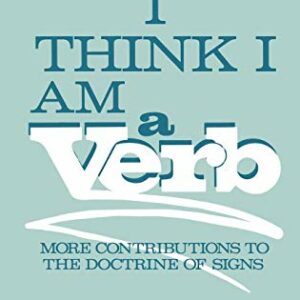
I Think I Am a Verb: More Contributions to the Doctrine of Signs
By Thomas A. Sebeok (NHC Fellow, 1980–81)

By Thomas A. Sebeok (NHC Fellow, 1980–81)
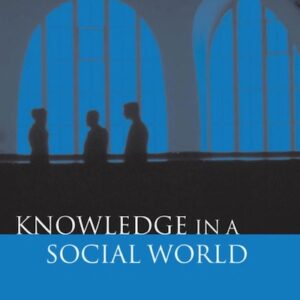
By Alvin I. Goldman (NHC Fellow, 1981–82) A certain conception of social epistemology is articulated and applied to numerous social arenas. This conception retains epistemology's traditional interest in truth and reliable inquiry, but replaces its customary emphasis on solitary knowers with a focus on social institutions and interpersonal practices. Postmodernism, science studies, and pragmatism pose … Continued
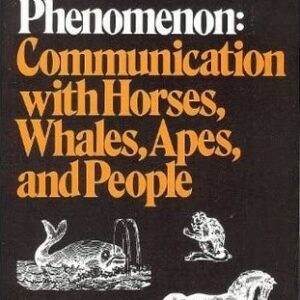
Edited by Thomas A. Sebeok (NHC Fellow, 1980–81) and Robert Rosenthal Ever since the Byzantine Empire was ruled by Justinian there have been reports of clever animals. But no animal intelligence so captured the imagination of laymen and scholar alike as that attributed to Clever Hans, the horse of Mr. von Osten. Hans gave every … Continued
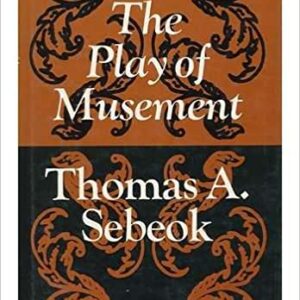
By Thomas A. Sebeok (NHC Fellow, 1980–81)
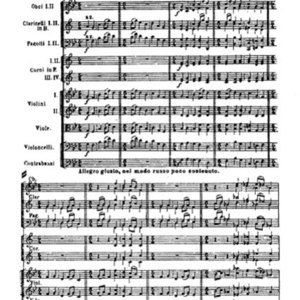
As a child, Ken Stringfellow had difficulty relating to others and understanding seemingly inscrutable social cues. Turning to his parents’ collection of LPs changed all that. By immersing himself in symphonic compositions, he was able to understand and translate the emotions of others as they were represented artistically. Curator’s note: Ken Stringfellow is a singer, … Continued

Before I was able to articulate in words how I was processing the world around me—shifts in mood, media images, the domestic mundane—I found sketching to be a release valve through which I could work through everything, even if the result was nonsensical or abstract. In this case, it was not an external piece of … Continued

For Jeff Braden, the opportunity to join the first successful project to teach chimpanzees American Sign Language at the University of Nevada, Reno, in the 1970s shaped his philosophy on what it means to be human. By bringing together perspectives in the sciences and the humanities, Braden was able to investigate how we understand our … Continued

Grace Momberger describes how the story of one woman’s ability to make poetry without sound altered the way she perceived the very meaning of communication.

There is a distinct moment I remember from my high school days that, while seemingly insignificant, is the reason I have always valued the humanities and humanities courses throughout my college experience. I was walking to a restaurant to meet a friend for lunch nearby my high school when a Taiwanese couple stopped me and … Continued

Teacher Christina Lohry describes a moment in which she realized how language (and other forms of communication) can profoundly change how we view others, breaking down misconceptions and helping us connect. While volunteering at a cerebral palsy center as a teenager, Lohry took the time to literally look into another person’s eyes. In doing so, … Continued